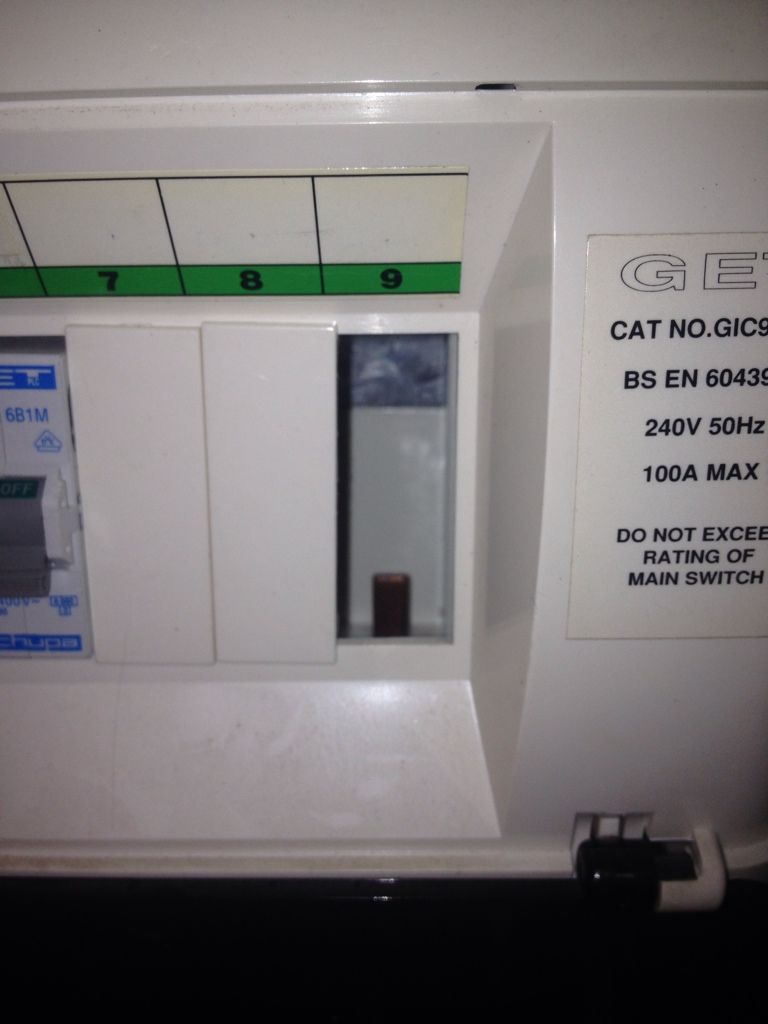I apologise to the original poster for the harsh tone of myself and some others who have replied.
The only reason for it is, when it comes to electrics like you appreciate and have said safety is paramount... and the thing is there are so many regulations and sometimes also involve other building regulations also... that it has to be done correctly, its too late to say after I should have done this, I could have done this once somebody has been killed or seriously injured.
You also did not help yourself, but implying this consumer unit only has 1 RCD.. Split Load consumer units with dual RCD exist for a reason.
Part of this reason is because, if certain requirements arent met, circuits should all be RCD protected... unless they meet the requirements for not being RCD protected.. so that means in most cases having all circuits on an RCD (unless an all RCBO setup) but that imposes a problem, because if the downstairs sockets trip, it takes the whole house lighting with it and upstairs sockets.
So by having a dual RCD setup, you can have say downstairs sockets on same RCD as upstairs lights... visa versa.
Or you could probably have downstairs sockets and upstairs lights on RCD, and their opposites on individual RCBOs.
But you have not indicated the existence of any RCBOs and only a single RCD.
You had also powered up these circuits without prior testing, which with the availability of hired test equipment is not really excusable.
Then it was implied with your use of "site" and not being there that this was somebody elses home... at which point myself and possibly others started seeing warning bells going off...as it would be endangering somebody else and their family.
If I was incorrect about that last point about it being your home, then im willing to accept being wrong and apologise for it.
But below, is a reason which I came accross which demonstrates just 1 reason why DIY electrics can be so dangerous when carried out by some individuals who lack forward thinking and common sense.
It was missing a blanking plate on the end, through that hole you can clearly see the busbar... that consumer unit was also mounted in reach of a small child and regularly had the cover down...now I dont need to say what would of happened if a child put their finger or an object in there.. what could have happened... no excuse for it, but again a lack of forward thinkig and common sense.. its got a cover so they obviously felt the risk was low enough to save the expense of another blanking plate.
worse still... the RCD did not function on it when test button was pressed... and the upstairs sockets minus 1 bedroom was wired into a 40amp MCB for the shower...so when shower mcb was switched off 75% of the upstairs sockets went with it with the 1 bedroom wired on its own circuit into the proper MCB labelled "sockets".. but the rest were wired into the shower MCB.


